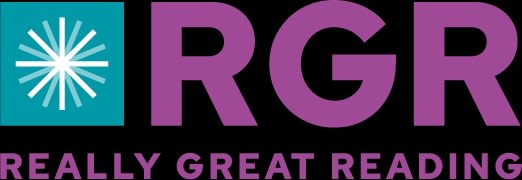Dive Brief:
- Indiana’s decision to bar students who aren't legal U.S. residents from state-backed preschool programs has sparked national controversy.
- Early last month, Chalkbeat Indiana reported that Indiana education officials had decided to restrict access to the state’s new $10 million pre-K pilot.
- Education officials say that decision is in keeping with the state’s other policies; students without documentation of their legal immigration status can be directed to programs without restrictions, including school-based preschool or federally-funded HeadStart programs.
Dive Insight:
Preschool access has become a tool for states looking to improve academic performance and early literacy, among other objectives. More sates are beginning to offer state-subsidized early childhood care and instruction, even as preschool const have climbed, shutting even middle income families out of high-quality options. As a result, the decision to exclude students without legal immigration standing has drawn controversy for furthering inequities.
"Indiana is rightfully proud of its steps to expand preschool programs and elevate quality, but it's shortsighted and wrong to deny children educational opportunity from the starting line because of their immigration status—especially children who are clearly here through no fault of their own," education secretary Arne Duncan said in a statement.
Some in the early education community have hypothesized that other states may follow in Indiana’s footsteps. But in doing so they enter a legal gray area. K-12 education must serve all students regardless of immigration standing, due to federal statute; for preschool, it can be more complicated.
Still, Education Week points out that the number of impacted children in Indiana is likely to be relatively small. Most young immigrants born to parents without legal standing were born in the country and thus have citizenship; just a fraction are preschool aged and live in one of the five counties included in the pilot.











